
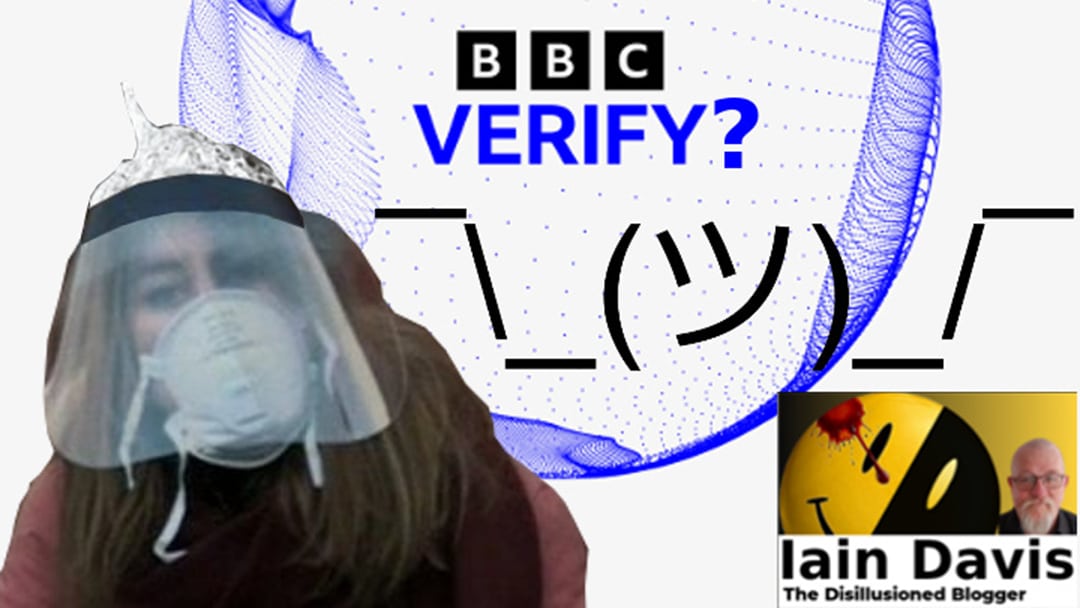
BBC Verify?
by Iain Davis | May 27, 2023
With great fanfare, the BBC has launched BBC Verify. The state broadcaster’s very own, specialist “disinformation and social media correspondent,” Marianna Spring, announced its arrival live on UK TV.
She explained that the BBC would verify video, fact check and “counter disinformation.” So rest assured, no one needs to think about anything. The BBC will “fact check” everything for us and tell us what “the truth” is.
Apparently, it “really matters” that the BBC acts as the UK government’s official arbiter of truth because, according to Spring, “mistruths” can “cause really serious harm to society.” Marianna has yet to define “harm,” but that doesn’t really matter. The government hasn’t either, despite the fact that it has placed its vague concept of “harm” at the centre of its equally ambiguous Online Safety Bill. Which is proposed state censorship legislation that Marianna is very keen to promote.
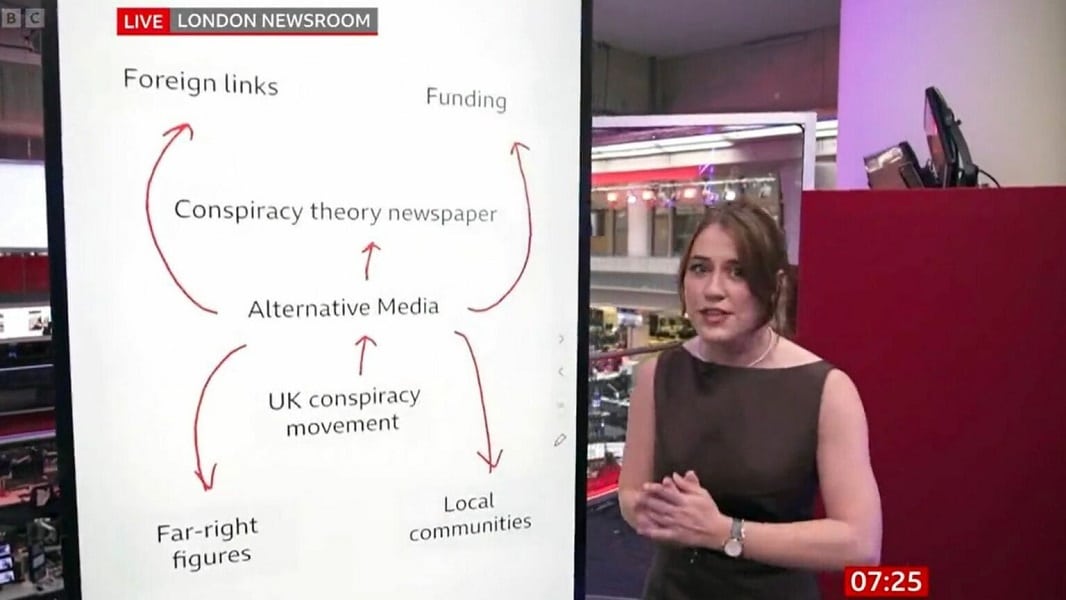
Marianna said that we can familiarise ourselves with BBC truth if we are shown the BBC news team’s “workings.” A strange choice of words.
While “workings” means “the way an organisation operates” it also means “a system of holes.” It isn’t clear which definition Marianna was using, although both seem appropriate in reference to BBC news coverage.
Marianna proudly announced that the BBC were “able to look at maps.” This presumably unique BBC capability supposedly enables their intrepid reporters to analyse “war zones.” And find them too, which is handy.
Spring is very concerned about, what she calls, social media “disaster trolls.” She is seemingly referring to people who understand that the UK government is among those that often rely upon false flag terrorist attacks when they want to pass oppressive surveillance legislation or justify their next war.
“Disaster trolls,” she alleges, “cause real world harm” by questioning the often implausible and contradictory accounts of people who claim to have been injured in, what evidently appear to be, false flag terrorist attacks. Marianna hasn’t clarified whether “disaster trolls” are the people who ask questions or the idiots who abuse others online. Te be fair, that distinction is probably moot because Marianna, the BBC and the government clearly want to silence everyone who disagrees with them.
Marianna told the nations that she’s a social media troll. She described the “undercover” accounts that she has “set up” to deceive people on social media. She claimed that these help the BBC news team understand “polarisation online.” Although, the BBC are seemingly causing a fair bit of “polarisation” themselves with their fake troll accounts and endless accusation levelled against anyone who questions the state.
Trolling, Marianna maintains, helps the BBC nail down “just how social media works.” It is a shame they felt the need to create a network of fake accounts to figure this out. They could have just asked my 80 year old mum. She understands how it works.
Marianna’s said that her online trolling activities are helping her to investigate the “UK’s conspiracy theory movement.” I wish her well, but I fear this is going to be a monumentally difficult task because there is no such thing as the UK’s conspiracy theory movement.
“Conspiracy theory” is just a term the CIA weaponised for their propagandist to help them shut down any debate—about who shot JFK—by sticking the dismissive “conspiracy theorist” label on anyone who dared to question the US government’s official account. It really doesn’t mean anything more than that. Alleged “conspiracy theorists” are just people who question government narratives.
This may go some way to explaining why attempts by the Establishment to lucidly define “conspiracy theories” are frequently absurd. For example, according to the UN, a conspiracy theory is “a belief that events are secretly manipulated behind the scene by powerful forces with negative intent.”
Of course, no one can ever know what a secret is because it’s a “secret.” Typically, the people who get labelled “conspiracy theorists” point toward real evidence that possibly indicates real conspiracies. They only remain “secrets” if you refuse to look at the evidence.
If there are people who believe events can be explained by highlighting things that can’t be known, and there is no evidence that such a “movement” exists in the UK or anywhere else, that would indeed be rather silly.
The UN then adds to its own confusion by stating that a “conspiracy theory” can be identified, in part, because there is evidence that “seems to support the conspiracy theory.” Quite how you find evidence that “seems” to support something that is incomprehensible is mystifying.
However, we do get some contradictory clarification from the academics the UN selected to back up its bizarre contention. In the Conspiracy Theory Handbook , cited by the UN as “evidence,” Professor Stephen Lewandowsky and John Cook PhD, from George Mason University’s Center for Climate Change Communication, stated:
Real conspiracies do exist. [. . .] The U.S. National Security Agency secretly spied on civilian internet users. [. . . ] We know about these conspiracies through internal industry documents, government investigations, or whistleblowers.
So conspiracies do exist! What are the UN rambling on about then? Are they secret or not? We get further clues from the UN’s eminent experts:
Real conspiracies get discovered through conventional thinking—healthy skepticism of official accounts while carefully considering available evidence and being committed to internal consistency.
Begging the question, what is the difference between the evidence that “seems to support the conspiracy theory” and the evidence that “seems” to expose a “real conspiracy”? The answer is, at least, forthcoming:
Conspiracy theories, by contrast, tend to persist for a long time even when there is no decisive evidence for them. [. . .] Typically, conspiracy theories are not supported by evidence that withstands scrutiny.
Ah, I see!
The real conspiracies are exposed by a novel type of evidence called “decisive evidence.” This is different from the evidence that “seems to support the conspiracy theory,” because only it can withstand scrutiny. Although, neither the UN nor its employed academics specify who should scrutinise it.
Perhaps we can now try to construct some sort of sense from, what otherwise appears to be, the UN’s garbled drivel.
The UN and its experts appear to suggest that “real conspiracies,” such as the US government spying on US citizens, are only revealed when “decisive evidence” is uncovered by, for example, US “government investigations.” Unless the evidence is officially acknowledged, or approved by the appointed experts, it is not evidence that stands up to scrutiny.
Right! Got it!
Presumably, we can therefore expect Marianna and the BBC Verify team to scrutinise the evidence offered by those she labels “conspiracy theorists” in order to “debunk” it. This will certainly represent a sea change for the BBC because, to date, they haven’t even reported any of the evidence offered by so-called conspiracy theorists, let alone scrutinised it.
Marianna promises to expose the nonexistent “UK conspiracy theory movement” with her new investigation, “Marianna in Conspiracy Land.” This, she claims, will enable the BBC audience to see how Marianna and her colleagues “piece together the truth.”
I suspect, BBC Verify will prove to be quite illuminating. But not for the reason’s that Marianna and the BBC hope.


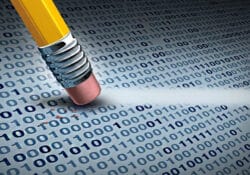
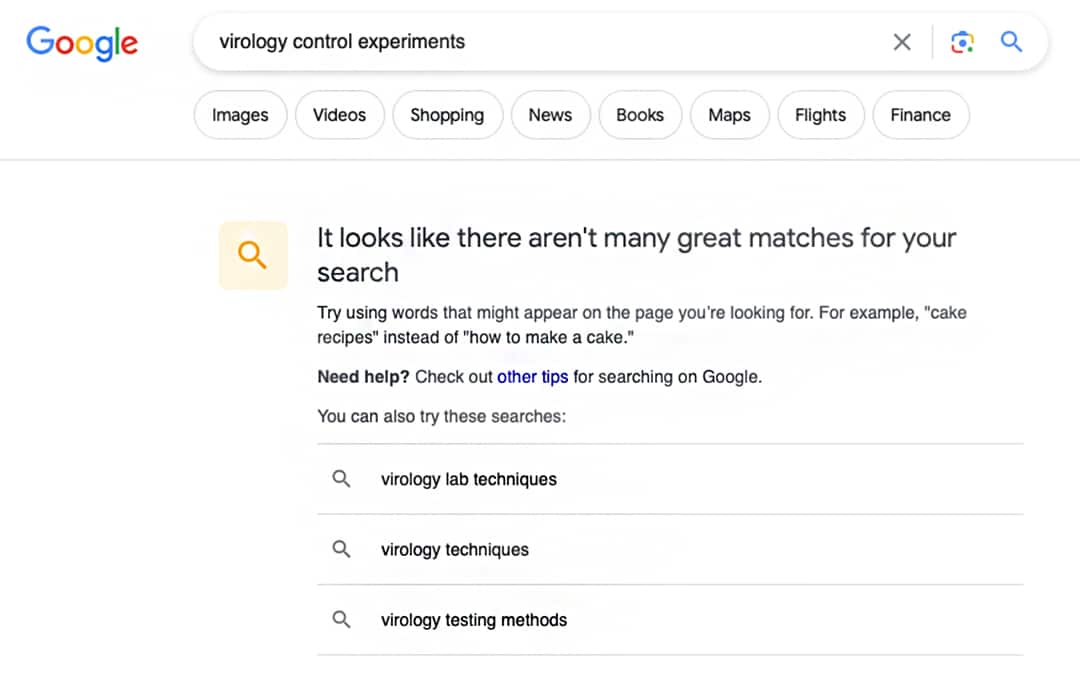
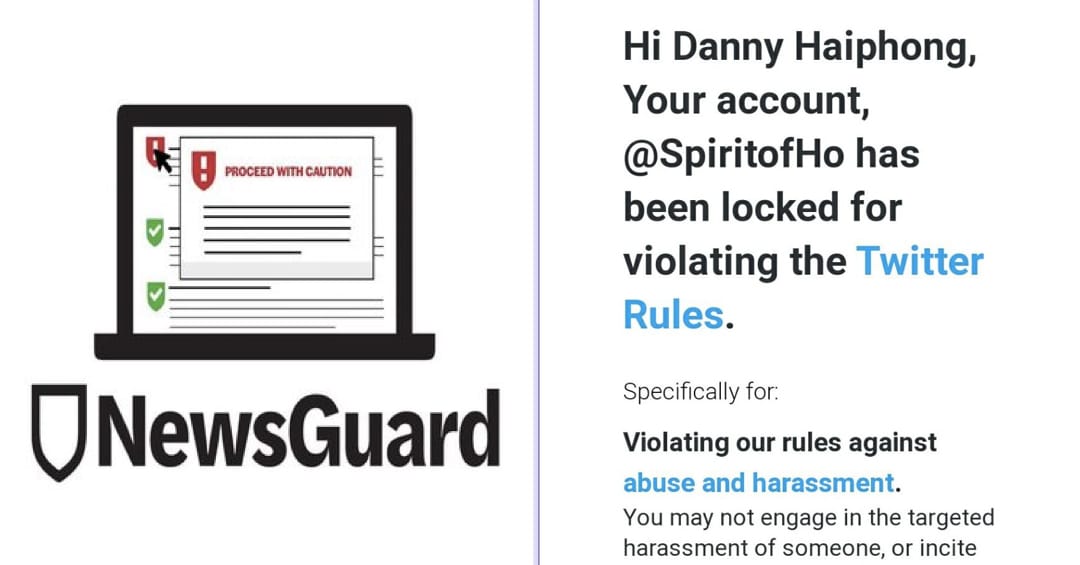
0 Comments